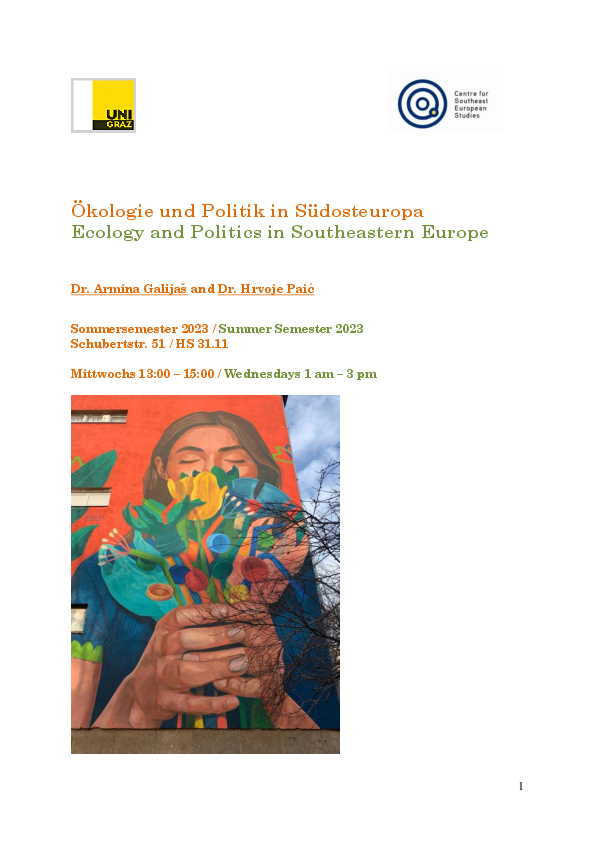Transitioning to a climate neutral society will require substantial changes to nearly all facets of life, many of these will entail reducing emissions of greenhouse gases. But the way in which that effort is divided, particularly amongst countries, can have drastic implications on future emissions allowances. The central question of how emissions should be allocated is inherently normative and can be based on arguments to historical responsibility, capability to act and equality or needs, among others. We propose a method of allocation which meets basic fairness considerations and apply it at a global level. We also apply a similar method to the case of the European Union, and assess how different allocation approaches would affect effort-sharing burdens to 2030, with regional implications particularly relevant for Southeastern European countries.
Lukas H. Meyer is Professor for Philosophy and Head of the Section for Moral and Political Philosophy. His fields of work include philosophy, ethics, political, legal and social philosophy. His research focuses on justice in space and time. Ongoing research projects on intergenerational justice, the ethics of climate change and historical justice. Since May 2019 Lukas Meyer is the spokesperson of the Field of Excellence Climate Change Graz. |
Keith Williges is a post-doc jointly at the Institute of Philosophy and Wegener Center for Climate and Global Change, both at the University of Graz. He received his doctorate from the Department of Economics and Doctoral Programme Climate Change at the University of Graz. He is also a scientist at the Wegner Center for Climate and Global Change. His research interests are centered around the transition to a low-carbon society and the impacts of weather- and climate-related disasters. His recent work has focused the implications of considerations of fairness in global or regional agreements on climate change mitigation, potential impacts of climate change on the energy sector and possible co-benefits of mitigation. |
This lecture is part of the Ecology and Politics in Southeastern Europe lecture series (Ökologie und Politik in Südosteuropa). You can find the complete syllabus here.
Centre for Southeast European Studies
